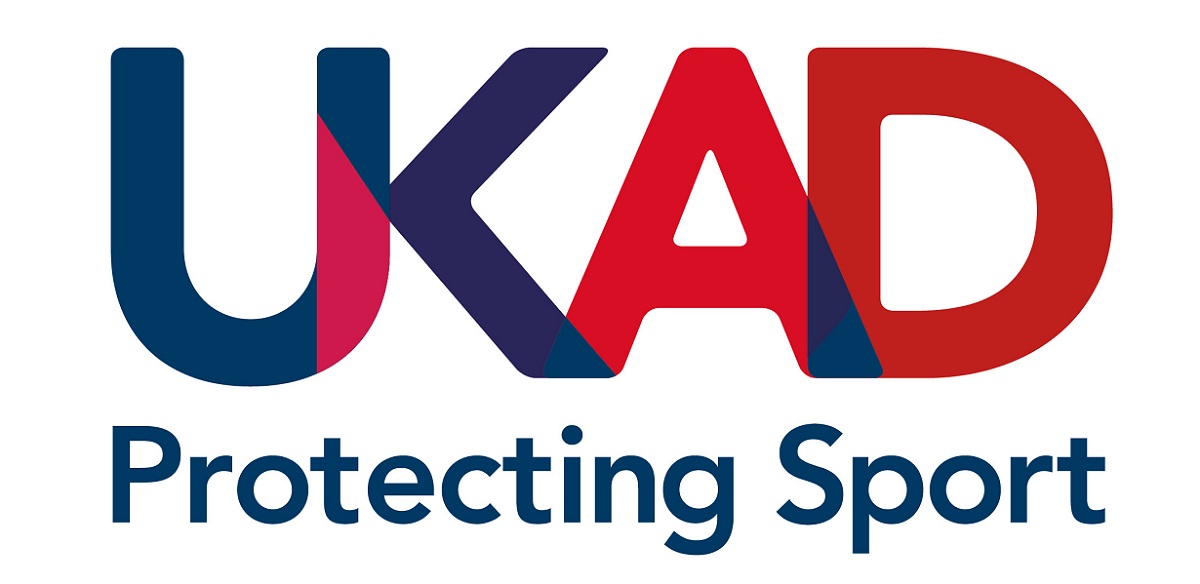BLOG: James Hudson - We need to educate athletes on how powerful food can be
One of UK Anti-Doping’s Athlete Commission members, James Hudson, is not only a former top-level rugby union player, having represented Bath, London Irish, Newcastle Falcons and Gloucester throughout his career, but also now works as a nutritionist with the latter. He shares his thoughts on the current supplement industry and its impact on athletes in relation to anti-doping.
When I began my career, dietary supplements were not commonplace. They were not handed out after training sessions, and brands did not appear on billboards under bright stadium lights. They emerged with advances in sport science research throughout the early ‘noughties’, and with them came the failed drug tests where the blame was laid at their door. We have come a long way, now educating athletes to minimise risk with dietary supplements and medication is routine. However, the failed tests still appear and as the profile of elite sport has grown, so have the consequences. Now, having hung up my boots and stepped across from the changing room to the performance team office, I often find myself asking why do we still see the headlines casting an ‘inadvertent’ shadow on some athletes’ careers?
The supplement industry has grown exponentially over the last 20 years. At the last count it is worth an estimated £13.5bn worldwide. The Food Standards Agency found over a third of the UK general population were using a dietary supplement, so it is no wonder that up to 85% of athletes surveyed at major games use them regularly. In top level sport, that’s translated into a huge number of companies looking to gain the status of being used by elite athletes. What I’ve noticed recently, is athletes are getting products pushed at them. Last pre-season, out of a squad of 60 players, I had over a third come to me with products which had been sent by agents or direct to the athlete via social media. This really threatens the players’ ability to assess the need to take these products. Many look innocent and it’s tempting to assume they’re safe, they may think “what’s the harm in trying the odd freebie?”.
If the pre-season period is one ‘pinch point’ for athletes’ decision-making, then the winter months are the second. The assessment of risk is especially pertinent if athletes start to pick up bugs and feel unwell. They reach for the quickest solution, so they can perform at that vital training session or be available for an important fixture. Using the Global DRO platform is easy and can quickly answer the question of whether a medication is permitted - but still some are not rigorous enough in using it.
The ability to assess consequence is the final challenge in an athlete’s decision-making process. I feel the incidence of injury can cloud this significantly. The pressure on an injured athlete to be able to do their job can be enormous. The balance of consequences when an athlete is facing losing their income can tip into taking uncharacteristic risks and again poor assessment of whether to use a supplement or medication.
I don’t pretend to have a magic answer to solve this, but whilst we explain the fundamental principal of strict liability to sports people, some still do not go through the process of making an informed decision. All we can do, in my opinion, is offer support to all athletes. This should not take the form of the odd presentation, or another ‘tick box’ exercise of an online quiz once a season. Proper support is an ear, a voice, a person to discuss the decision with. Help to assess the need, the risk, and the consequence in a reasoned manner. This is what makes the presence of qualified sport science staff vital in elite sport. All athletes should have access to SENr and BASES members whose role it is educate and support athletes throughout the year, especially at the vulnerable points I have mentioned here.
We not only need to educate athletes around anti-doping, but the simplest way to prevent these ‘pinch points’ becoming overwhelming is educating athletes on how powerful food can be. Sports people, with the skills to put a plate of food together several times a day to fuel their work appropriately, recover and repair effectively, see progress in their training and performance. This is the foundation. Then a few supplements, with a strong evidence base, can be incorporated to fill any remaining health or performance gaps - but only when an informed decision by the athlete has been made.
As sport scientists, let’s keep communicating to improve how we educate our athletes and ensure they are making good decisions consistently. Let’s talk about our experiences working with these gifted humans and how we can safeguard them from throwing their talents away.
Athletes, please keep asking questions. Don’t use supplements or medication blindly without assessing the need, the risk, and the consequences to your life. Ask for support from credible people, and if it’s not there, ask questions of your governing body, your team or union and get it. Stay informed and keep representing clean sport passionately.



